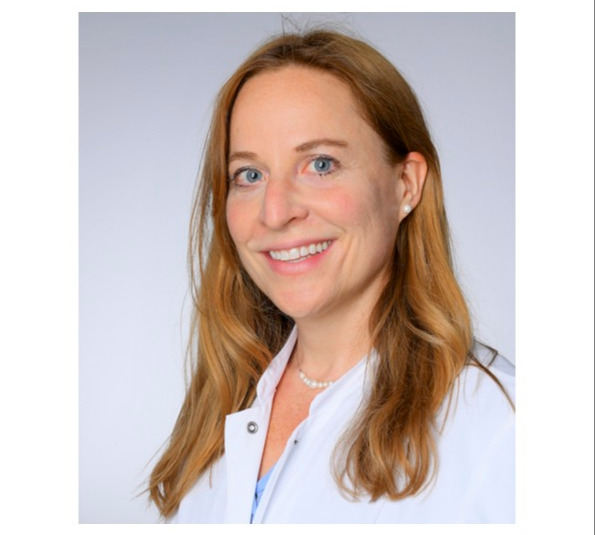Cologne (Event will be held in English)
|
Within the Medical Faculty of the University of Cologne, the Institute for Biomedical Informatics serves as one of the important hubs of collaborative research. Advocating biomedical informatics as a cornerstone area for medical innovations, the Institute excels in interdisciplinary data-driven medical research. One of the core research areas of the Institute is medical biosignal processing with particular focus on electrophysiological data such as ECG, EEG, microneurography and other modalities. Biosignals are time-series data derived among others from the heart, nerves, the brain or muscles. Biosignal research in medicine requires complex collaborative work, starting from the support of efficient clinical flows and data integration processes, through employing advanced engineering methods for signal processing, exploring the low-dimensional signal representations and quality control, to development of AI solutions for medical decision support systems. The complexity and diversity of biosignals allows us to enrich the comprehension of human physiology and pathological changes. The possibilities for real-time monitoring within the hospital care system, but also in the frame of primary care, or at home e.g. with the help of wearable sensors, make biosignals an important catalyst for the development of diagnostic tools and therapeutic interventions. |
Schedule of presentations
| Uhrzeit | Ort | Thema | Person |
|---|---|---|---|
| 18:00 | Seminarroom 3 and 4 | Creating new pathways in Anesthesia and Intensive Care Medicine with Electrical Impedance Tomography (EIT) | Dr. Sandra Stoll |
| 18:30 | Seminarroom 3 and 4 | Explainable AI in the analysis of medical time series | Camelia Oprea |
| 19:00 | Pause | ||
| 19:30 | Seminarroom 3 and 4 | Drawing the Line: Protecting ML-Based Seizure Detection from Digital Deception | Dr. Marc Ohm |
| 20:00 | Seminarroom 3 and 4 | Diagnostics in Your Pocket – How Everyday Devices Unlock New Paths in Medicine | Dr. Lara Reimer |
| 20:30 | Pause | ||
| 21:00 | Seminarroom 3 and 4 | The moving brain – What can we learn from EEG in exercise settings? | Dr. Vera Abeln |
| 21:30 | Seminarroom 3 and 4 | The role of frequencies in neural signalling | PD Dr. rer.nat. Susanne Neufang |
Talks in Cologne






TRIO Translational Research for Infectious Diseases and Oncology
Venue
Seminarroom 3 and 4; Robert-Koch-Straße 21, 50931 Cologne

 Cologne, a city located along the Rhine River is known around the world for its remarkable cathedral and vibrant atmosphere. It also proudly hosts the University of Cologne, a prestigious institution founded in 1388. Situated in the heart of this lively city, the University has a close relationship with the University Hospital Cologne, a leading medical center in Europe. This relationship fosters outstanding interdisciplinary collaboration between science and medicine. The dynamic ecosystem of researchers, physicians and students facilitates the comprehensive exploration of current medical challenges and the development of innovative healthcare solutions.
Cologne, a city located along the Rhine River is known around the world for its remarkable cathedral and vibrant atmosphere. It also proudly hosts the University of Cologne, a prestigious institution founded in 1388. Situated in the heart of this lively city, the University has a close relationship with the University Hospital Cologne, a leading medical center in Europe. This relationship fosters outstanding interdisciplinary collaboration between science and medicine. The dynamic ecosystem of researchers, physicians and students facilitates the comprehensive exploration of current medical challenges and the development of innovative healthcare solutions.